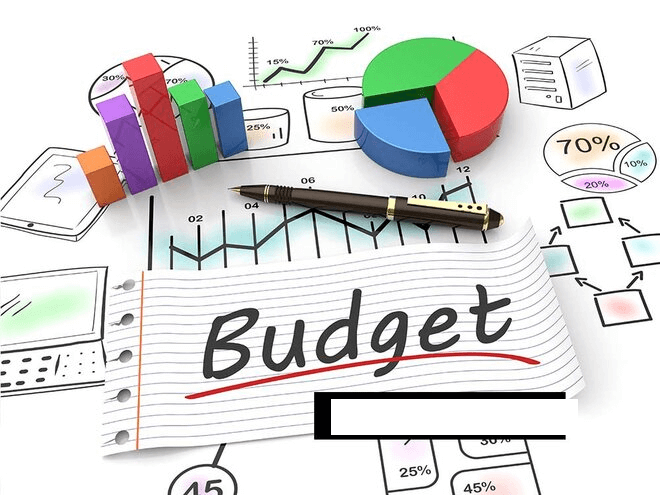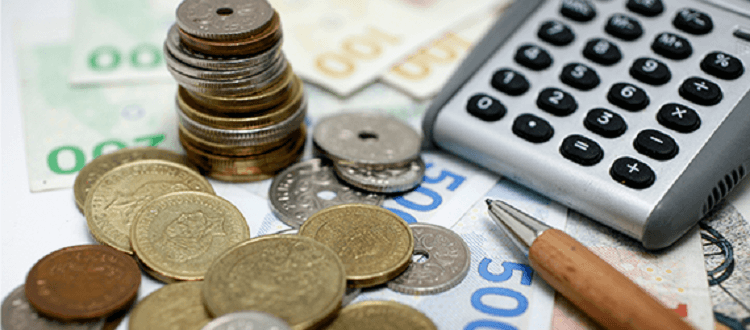Advantages and Disadvantages of Cost AccountingAccounting is the process of categorizing, summarizing, and documenting transactions or occurrences that may be stated and comprehended in the form of money. A. W. Johnson writes that "accounting may be defined as the gathering, compiling, and systematic recording of business transactions in terms of money, the preparation of financial reports, the analysis and interpretation of these reports, and the use of these reports for the information and direction of management." Let's now concentrate on the subject at hand: cost accounting. Most businesses and sectors today use cost accounting as standard practice. Cost accounting is used by almost all medium- and large-sized firms to enhance the data that financial accounting offers. In actuality, cost accounting is crucial for the economy as a whole, in addition to businesspeople and management. Cost accounting documents a business's interactions with its expenses and revenues to create various financial statements and manage costs. Advantages of Cost Accounting1. Elimination of Inefficiencies, Losses, and Wastes A strong cost accounting system avoids waste, losses, and inefficiencies by establishing standards across the board. 2. Pricing Can Be Guided by Cost Accounting Cost accounting may assist in identifying acceptable product prices and producers' costs by considering all relevant factors, such as supply and demand, market circumstances, and competing firms. Standard costing is an important step in this process since it enables you to deal with actual numbers rather than guesses. 3. Enhancing Departmental Accountability Leaders may create goals and recurring milestones for each department by precisely estimating the expenditures related to all parts of the organization. Giving each department the guidelines to stay within its budget will enhance financial accountability. 
4. Cost-Cutting Under the cost accounting system, new and enhanced manufacturing techniques are used. Costs are reduced as a result. 5. Helps in Forecasting The best part of cost accounting is it helps to forecast and make decisions. Experts in accounting have to make certain accounts to get through the organization's situation and act accordingly. They can compare and provide cost estimates that help management make a decision and also help in locating wasteful activities. 6. Helps in the Preparation of Financial Accounts Proper cost estimation helps prepare the final accounts and estimate whether an organization has profit or loss. Profit and loss accounts and balance sheets are prepared with historical costs; thus, financial accounts can easily be made. 7. Determine the Causes of Any Profits or Losses A competent cost accounting system identifies the factors influencing profit growth or decline. There is no chance that any process, product, or department may be shut down. If so, the management can take corrective measures to keep the company profitable. 8. Advice on Choosing to Make or Buy The management might create or purchase a product in the open market based on cost information. The management can select the best from a variety of options. Spare capacity is occasionally utilized productively. 9. Fixing Prices The costing records include information about a product's entire cost. It is quite helpful for locking in a product's pricing. 10. Cost Management Under the cost accounting system, budgets are created, and criteria are set. Any costs that exceed the budgeted amount are prohibited. To identify the variance, the real performance is contrasted with the benchmark. If there are any variations, the management can take action by determining the cause. The period-to-period cost comparison also aids cost control. 11. Help the Government The government may enforce price regulation and collect fair taxes from businesses. 12. Support the Union The labor union finds it quite simple to calculate bonuses. Cost accounting data is also used to determine reasonable compensation. 13. Cost Marginal Analysis It is done to make short-term decisions easier, particularly during depressive periods. 14. Efficiency Measurement and Improvement The business may use cost accounting data to assess its efficiency. This might involve saving money, time, or other resources. The real statistics are compared to industry or economic norms using standard costing to show changes in efficiency. Let's say, for instance, that the price of producing one unit rose from Rs. 100 to Rs. 110. Was this a result of rising costs or inefficiency and waste? You can measure this with the aid of cost accounting. 
15. Determined Responsibility The cost accounting system fixes the responsibility centers. Fixed accountability makes it more difficult to avoid performance responsibilities and promotes effective performance. 16. Recognition of Loss-Making Activities Not all business operations are successful just because the company as a whole is doing well. We may determine the successful and unprofitable operations of the company with the aid of cost accounting. Therefore, losses-producing activity inside the company can be turned profitable or removed. This may occur due to the cost estimation process used in cost accounting. 17. Aids in the Preparation of Financial Accounts Information such as the value of closing materials, work in progress, and finished items are required to produce financial reports. The costing records and aids provide this data in quickly preparing financial statements. 18. The Reduction of Fraud Frauds can be avoided by using cost audits. If so, costing records, which are very helpful to the government, shareholders, creditors, and others, might be used to gather accurate and trustworthy data. 19. Cost Accounting Aids Companies in Accurate Cost Determination By accounting for both variable and fixed expenses, cost accounting helps management precisely account for costs. It helps with the cost evaluation of every aspect of a firm, including the price of projects, contracts, and goods. Cost accounting uses a variety of methodologies, including job costing, standard costing, and process costing, to achieve this. 20. Assistance Management Cost accounting assists management by enabling them to comprehend the cost pattern and how to control them. Additionally, it details the revenue generated during the entire process, assisting in resource planning and management. 21. Possession of Stock Another significant benefit is that cost accounting makes restocking and material control easier. Cost accounting allows us to determine the optimal and cost-effective reorder level and quantity. The company will never have an excess inventory or a shortage because of this. Additionally, pricing enables management to monitor these raw resources, WIP, etc. 22. Examines the Causes of Losses Periods of profitability and loss are a reality for any business, but now, they must constantly assess or look into the causes of the losses sustained. This will assist in using other essential methods to address the issue or eliminate the source. Therefore, if the cause cannot be removed, you can at least reduce the losses. A key factor in identifying the reason for any losses is cost accounting. Imagine, for instance, that despite low manufacturing costs and high pricing, losses continue. This can be a result of inefficiency, leading to low output levels. We may establish this using cost accounting. 23. Helps with Future Planning The management will benefit greatly from cost accounting as it will aid in any plans. It is crucial to have precise information on the equipment, the labor capacity, output levels, levels of efficiency of each process, etc., for any manufacturing or marketing strategies. Cost accounting may be used to assess if the present equipment can support increased production levels, for instance, if management wants to increase output to meet demand. Disadvantages of Cost Accounting1. Only Past Performances Can be Recorded Cost accounting only records historical valuations of actual transactions, not the firm's state when the transaction occurred. Hence it cannot reflect present performance. The framework for decision-making is based on a company's records. 2. Only Previous Performances are Documented Every year, prices change because labor, raw materials, and other commodities fluctuate due to various variables. As a result, managers must make decisions based on estimates of costs. Several other variable factors, including government policy and the economy, cause these fluctuations in cost. 3. Proper Upkeep is Necessary Ethical and proper upkeep is essential to assess the organization's cost. No one could accurately estimate the real costs incurred and revenue earned by the firm without keeping adequate books of account, such as sales and purchase books. 4. Expertise is Needed While Recording To properly record the books of accounts, one must possess the necessary knowledge and proficiency in identifying and summarising transactions so that the user who needs the information from the account can readily comprehend it. As a result, if a person needs a sufficient understanding of accounting concepts, they can readily record the transaction. 5. System Complexity The process of recording transactions is complicated. People can easily comprehend the process if they have studied the procedures or accounting. Even for specialists, estimating the exact cost can occasionally be challenging. 6. Costly to Maintain Keeping track of multiple costing records is a lot of clerical labor and is expensive to do with the books of accounts. Managing the costing account and records becomes onerous for small and medium-sized firms. |
 For Videos Join Our Youtube Channel: Join Now
For Videos Join Our Youtube Channel: Join Now
Feedback
- Send your Feedback to [email protected]
Help Others, Please Share










